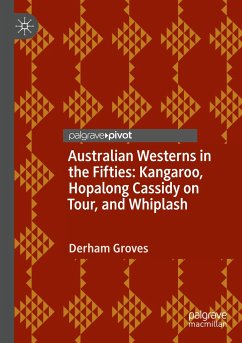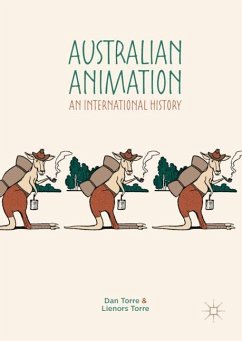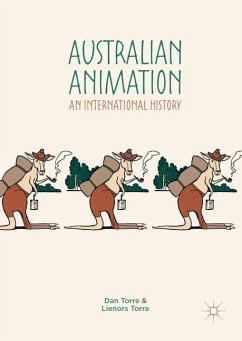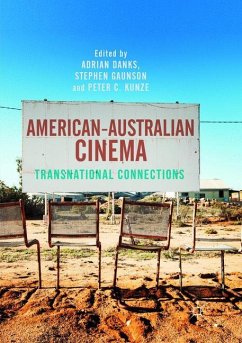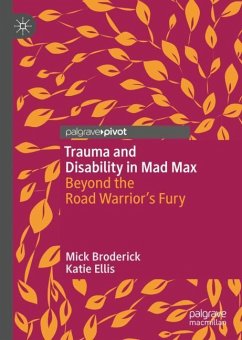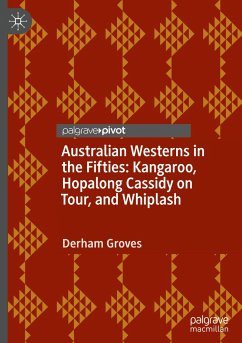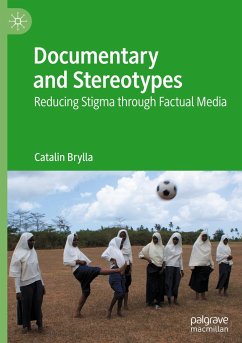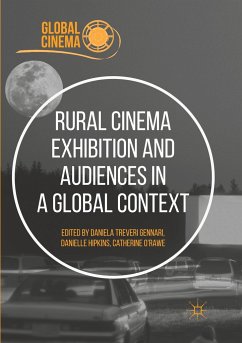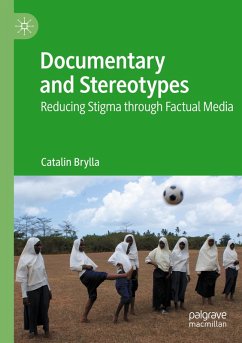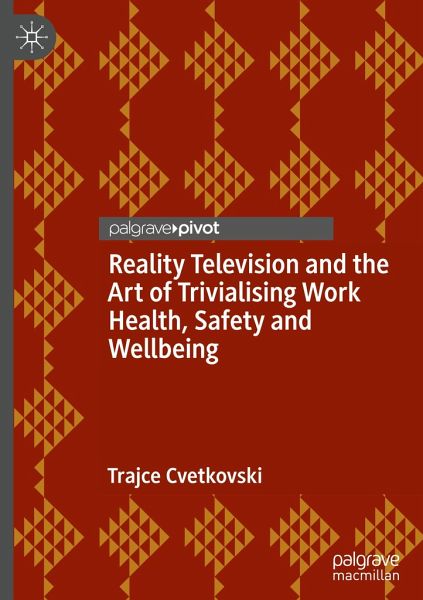
Reality Television and the Art of Trivialising Work Health, Safety and Wellbeing

PAYBACK Punkte
16 °P sammeln!
This book aims to assess the extent to which work health, safety and wellbeing (HSW) considerations are trivialised on the popular Australian reality TV programme, The Block. Reality TV as a genre plays a core feature in media and cultural studies, but there has not been any research on the impact of reality TV on safety culture, or how HSW issues are portrayed in popular media.This research remedies this deficiency and demonstrates contestants are workers on The Block who perform workplace activities. The work-related activities are concerned with construction, building and renovation work; a...
This book aims to assess the extent to which work health, safety and wellbeing (HSW) considerations are trivialised on the popular Australian reality TV programme, The Block. Reality TV as a genre plays a core feature in media and cultural studies, but there has not been any research on the impact of reality TV on safety culture, or how HSW issues are portrayed in popular media.
This research remedies this deficiency and demonstrates contestants are workers on The Block who perform workplace activities. The work-related activities are concerned with construction, building and renovation work; and specifically, participants engage in what are seemingly routine or ordinary everyday life activities; namely housing construction and domestic or home dwelling renovations. It supports the argument claim that contestants on reality TV are defined as workers, and this definition of worker can be extended to other genres.
The book ultimately demonstrates that reality television is trivialising HSW for the purposes of satisfying audience desire to consume popular culture, and these activities perpetuate a poor image of best safety practice.
This research remedies this deficiency and demonstrates contestants are workers on The Block who perform workplace activities. The work-related activities are concerned with construction, building and renovation work; and specifically, participants engage in what are seemingly routine or ordinary everyday life activities; namely housing construction and domestic or home dwelling renovations. It supports the argument claim that contestants on reality TV are defined as workers, and this definition of worker can be extended to other genres.
The book ultimately demonstrates that reality television is trivialising HSW for the purposes of satisfying audience desire to consume popular culture, and these activities perpetuate a poor image of best safety practice.



